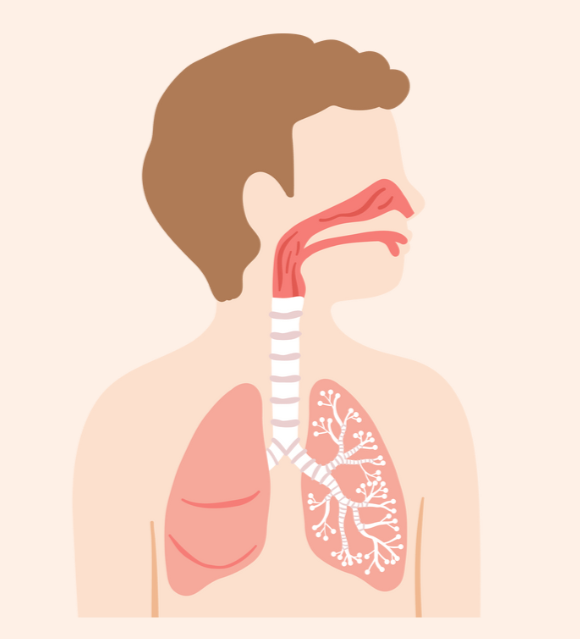

Let’s start the conversation about Stigma and Mental Illness!
What is Stigma?
Stigma refers to negative attitudes, prejudice, and discrimination towards those with mental illness. It causes these individuals to be labelled, stereotyped, and feared. Many people who have a mental illness or are experiencing a mental health problem do not seek help because of the stigma surrounding it. Mental illnesses and mental health problems are real diagnosable health issues just like diabetes or high blood pressure, but because of the stigmatization they are looked upon differently.
We can change this. There are multiple things that can be done to reduce the stigma and change the negative attitudes and false beliefs surrounding mental illness.
Educate Yourself
Stop the spread of misinformation by knowing and sharing the facts about mental illness. Having the right tools, using the right language, and understanding how to correctly speak with someone experiencing a mental illness or mental health problem can make all of the difference.
Educate others on how negative attitudes and incorrect information can affect people with a mental illness and can keep myths alive.
Break the Silence
Many people suffer in silence not speaking up or asking for help due to fear of judgement or rejection. Be open to a conversation and be more aware of your attitudes and behaviours around mental health. Know the facts, be a good listener, and be a part of the conversation to help eliminate the stigma.
Be Respectful and Non-judgmental
Treat people with mental health problems and mental illnesses with respect, and support them on their journey. Remember, language matters. The words that you use can either help or hurt. For example, say “a person with schizophrenia” rather than “a schizophrenic”.
Do your part to reduce the stigma around mental health and make it easier for everyone to seek the help they need. Start the conversation today.




























































































































































































































































































